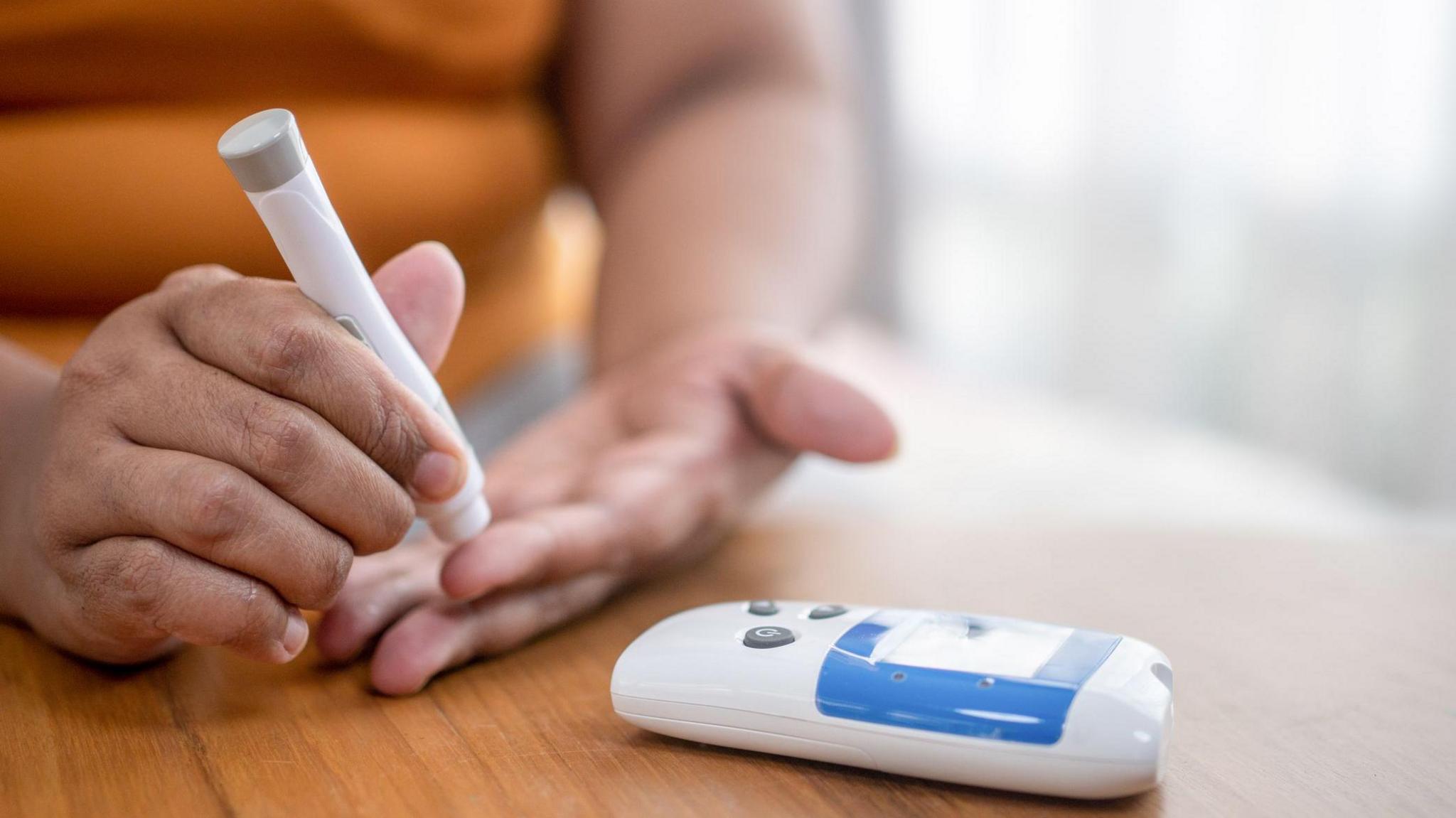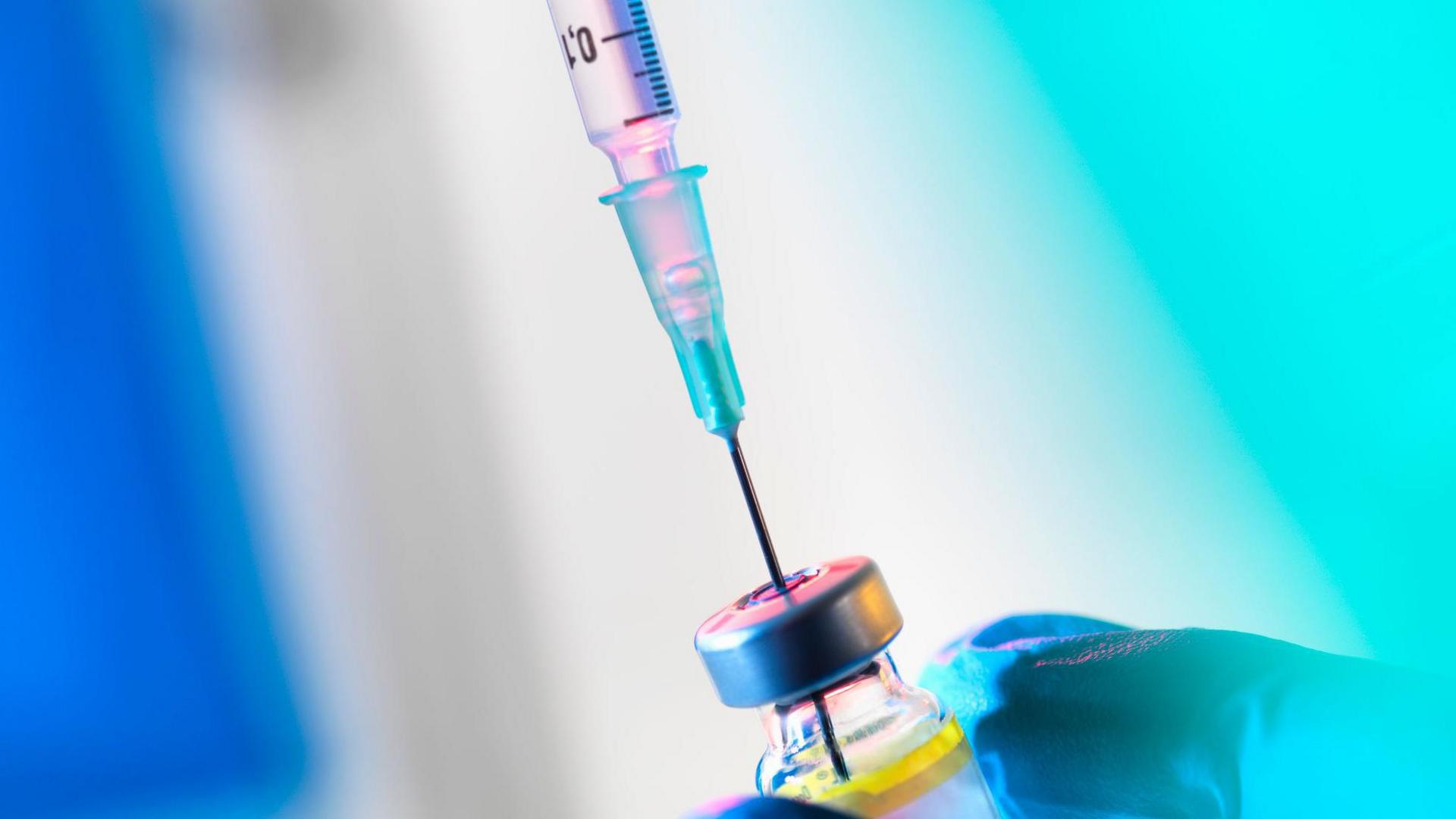Diabetes risk increases after steroids, study finds

- Published
Patients being treated with steroids are more than twice as likely to develop diabetes, Oxford scientists have found.
Glucocorticoids are steroids used to treat inflammatory and autoimmune conditions, including asthma, rheumatoid arthritis and cancers.
A new study by researchers at the diabetes trials unit at the University of Oxford has been investigating how commonly patients receiving them were developing new-onset diabetes.
The findings were presented at the annual meeting of the European Association for the Study of Diabetes in Madrid.
According to the researchers at the university’s Radcliffe Department of Medicine, while glucocorticoids decrease inflammation, adverse effects include increasing blood sugar levels.
This is more likely when people use glucocorticoid tablets or injections instead of inhalers, creams or drops.
The study found that patients receiving systemic glucocorticoids were 2.6 times to develop diabetes as those not receiving the treatment.
The results were made up of the clinical data of 451,606 adults admitted to the Oxford University Hospitals NHS Foundation Trust between 2013 and 2024.
All were free from diabetes at the start of the study and none were taking systemic glucocorticoids.
Of these, 17,258 were treated with systemic steroids and 316 developed diabetes while in hospital.
Study leader Dr Rajna Golubic said: "These latest results give clinical staff a better estimate of how likely new diabetes is to occur and could prompt doctors to plan clinical care more effectively to detect and manage new diabetes.
"While we studied hospital patients, glucocorticoid tablets can be prescribed by GPs for conditions such as asthma and rheumatoid arthritis and it is important that they, too, are aware of the link."
Get in touch
Do you have a story BBC Oxfordshire should cover?
You can follow BBC Oxfordshire on Facebook, external, X (Twitter), external, or Instagram, external.
- Published10 September 2024

- Published12 March 2024
